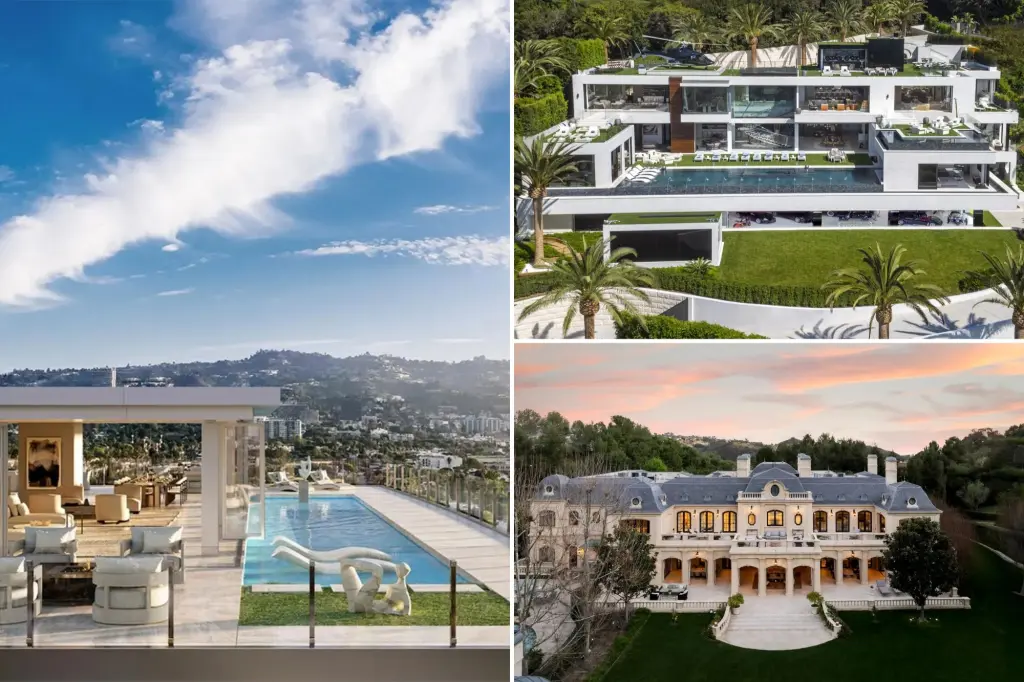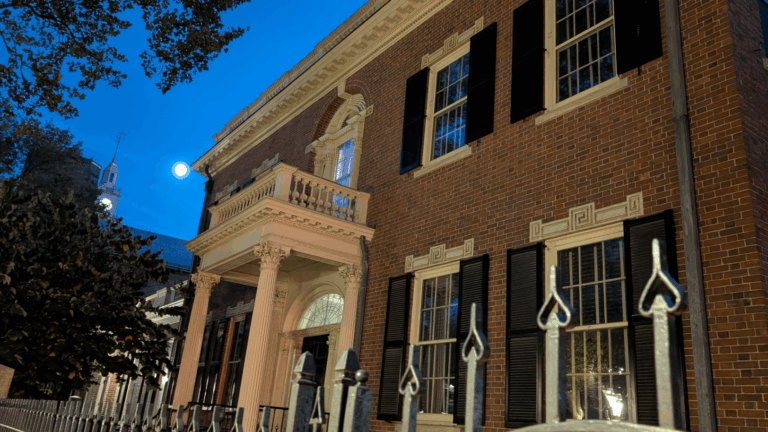
In LA’s ultra-luxury housing market, the bigger the mansion, the bigger the markdown.
Recent sales and listings show marquee properties once priced like art pieces are being slashed by tens of millions of dollars, as noted by Mansion Global.
Jennifer Lopez and her now-estranged husband, Ben Affleck, for instance, bought a sprawling Beverly Hills estate for around $61 million in 2023. Within a year, amid their split, the couple put the property back on the market at $68 million. It didn’t move.
By this fall, the ask had been trimmed to $52 million — a $16 million haircut in barely over a year.
They aren’t alone.
Kanye West bought an oceanfront Malibu house designed by Japanese architect Tadao Ando and listed it for $53 million in 2024. It sold for $21 million, a nearly 60% discount.
Milwaukee Brewers minority owner Robert Beyer once priced his Brentwood estate at $100 million. By September, it finally sold for $44 million, more than 40% off.
These eye-popping reductions have fueled the perception that LA’s trophy market is wobbling.
But Beverly Hills Estates founders Rayni and Branden Williams insist the numbers tell only part of the story.
“I think it’s circumstantial,” Rayni said. “Some of them, for instance, are the properties that were bought too high, like the J.Lo property … if it were a longer hold, it would have worked itself out. But then obviously she got a divorce and needed to sell it prematurely.”
In other words, distress sales by celebrities don’t necessarily reflect a systemic collapse.
Often, it comes down to timing — or appetite.
Rayni pointed to the Beyer estate as a prime example.
“That property is an extraordinary piece of land with illustrious architecture, but the property had been dated,” she said.
“It’s not the style and the look, it needs somebody to come in and put tens of millions of dollars to bring it up to speed. That ended up being a case of seller-fatigue … where they finally found a buyer that was willing to do the work, and the buyer was shrewd enough to make terms — saying, I’ll buy it fast and contingent-free, but I therefore want to be rewarded with a lower price.”
For Branden, the psychology of sellers explains much of the pattern.
“Buyers always think that their baby is the prettiest baby,” he said. “I bring them the first offer and it’s the highest, best offer … But they go, ‘oh, I can get more.’ They get cocky and they get greedy and then they don’t get more.”
This tug-of-war between ego and reality has played out repeatedly.
Even Mark Wahlberg struggled to sell his Beverly Park compound.
He first listed it at $87.5 million in 2022. A year later, it closed at $55 million. Paris Hilton picked it up months later for $63.1 million — just $5 million off its asking price — one of the rare cases where a mega-estate sold close to list.
But beyond seller psychology, the market has also been squeezed by external forces.
The city’s “mansion tax” — Measure ULA, enacted in 2023 — slaps an extra 4% levy on sales over $5 million and 5.5% on deals above $10 million.
That burden, layered atop insurance hurdles after recent wildfires, has slowed the pace of sales dramatically.
“The mansion tax has been a huge factor,” Branden said. “It’s slowed down the market massively because a lot of people don’t want to sell.”
Rayni added that it forces sellers into a kind of standoff.
“At some point the timing of it all gets very, very slowed down because a seller now is holding on to try to recoup their money,” she said. “You’re never going to see more later. So that’s this really difficult conundrum … A lot of it is because of ULA.”
The result is a market where the wealthy are often willing to wait.
“In the very beginning of this business, I was taught this is a marathon business,” Branden said. “We’re not selling cars. We’re selling multi million dollar … homes. So wealthy people go, ‘you know what, I’m not going to take that big of a loss. I’m going to hold out for the right person.’”
But waiting carries risk.
Branden recalled selling Bruce Makowsky’s 924 Bel Air Road estate for $94 million in 2019. The seller had rejected an earlier $135 million offer, only to settle for $40 million less.
“I bring people to the highest offers, and then they go, ‘oh, I can get more,’” Branden said. “They get greedy and then they don’t get more.”
While sellers cling, buyers are emboldened.
Realtor.com data shows that in the past three years, homes initially listed at $50 million or more sold with average discounts of 32%.
The steepest: a Four Seasons penthouse once marketed at $75 million, which finally sold for $15 million.
The Williamses, though, see potential for a rebound if interest rates ease.
“It’s all about interest rates,” Branden said. “Lower interest rates means a better economy for the people.”



